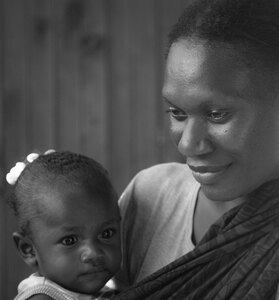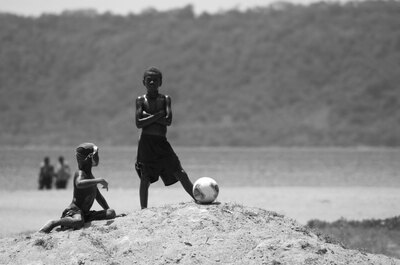I wrote a slightly different version of this for my friend Tracy when Chris died, years ago now. It’s a mild variation on a villanelle, a song form first used in 16th Century France. It’s simple, sentimental and true.
It should really be sung, acapella, with a slowly moving melody reminiscent of Cathedrals, by Jump Little Children.
I found myself searching for something to say when Tracy wrote to tell me that a mutual friend had died, unexpectedly and far, far too soon. This is what came out.
It’s for John, and for all of those who knew Shannon.
I know this winter isn’t going to end.
The thought itself’s imperishably old.
What cold can best preserve, it cannot mend;
And cold preserves itself, so don’t pretend
That Spring will leaven spirits with its dole.
I know this winter isn’t going to end.
I’m not so bold that I could not defend
Against my guilt, against the life you stole.
But cold can best preserve what cannot mend,
So now, unlike Raskolnikov, I lend
No weight to claims that time can heal the soul.
I know this winter isn’t going to end.
The day you died, I ceased to be your friend;
Became instead the warden of your soul.
What cold can best preserve, it cannot mend.
Your life gave in to time and mine to cold,
And this, love, is my curse, my fate, my goal:
What cold can best preserve, it cannot mend;
I know this winter isn’t going to end.
Note: I wrote a somewhat different version of this for my friend Tracy when Chris died, years ago now. It’s a mild variation on a villanelle, a song form first used in 16th Century France. It’s simple, sentimental and true.
I found myself searching for something to say after Tracy wrote to tell me that a mutual friend had died, unexpectedly and far, far too soon. This is what came out.
It should really be sung, a capella, with a slowly moving melody reminiscent of Cathedrals, by Jump Little Children. Maybe Tori can come up with something….
It’s for John, and for all of those who knew Shannon best.

 This week, Digicel Vanuatu officially unveiled their new GPRS mobile Internet service. Their first event was held on Thursday last week at the Port Vila market house. Digicel staff demonstrated their service to passers-by and helped those with compatible phones to activate the service.
This week, Digicel Vanuatu officially unveiled their new GPRS mobile Internet service. Their first event was held on Thursday last week at the Port Vila market house. Digicel staff demonstrated their service to passers-by and helped those with compatible phones to activate the service. In case you haven’t noticed, I’ve been on
In case you haven’t noticed, I’ve been on 